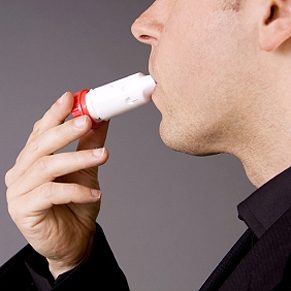
Knowing what triggers asthma attacks will help you avoid them.
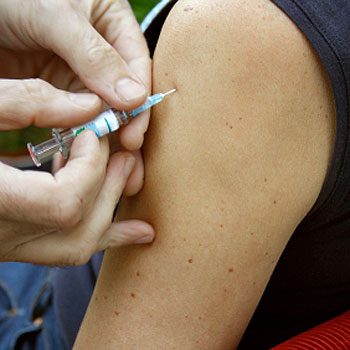
1. Get a Flu Shot
Get a flu shot, especially if you have asthma. Because both asthma and the flu are respiratory diseases, people with asthma may have more frequent and severe asthma attacks when they have the flu and are at greater risk for more severe illness and life-threatening complications.
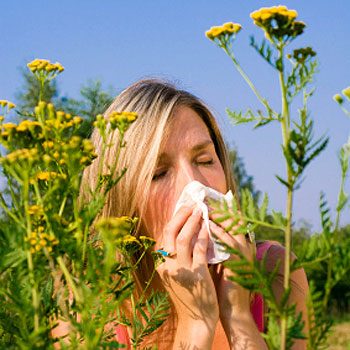
2. Stay Indoors
Limit your outside activities if you are bothered by ragweed and mold. If you are outdoors, shower and change your clothes when you come in to get rid of the pollen that may stick to you. Keep your child away from leaf-raking if they are allergic to mold. And if you are allergic, wear an NIOSH N95 mask to reduce exposure to small particles. Children with allergies should avoid hay rides.
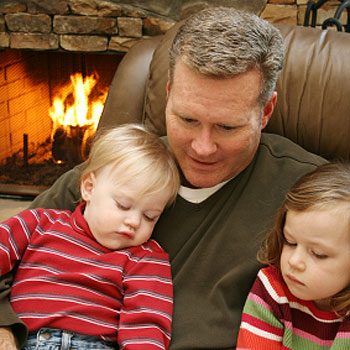
3. Keep Away From Fire
Avoid bonfires and fireplaces if you have asthma. The smoke can trigger an attack.

4. Keep it Clean
Wash your hands frequently to steer clear of cold and flu viruses.
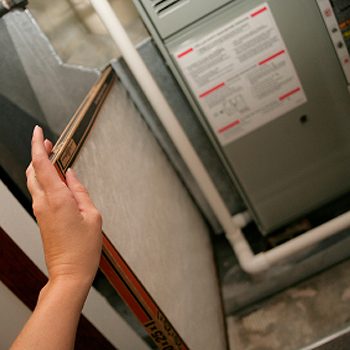
5. Replace Your Furnace Filter
Install a new furnace filter before turning the heat on. Look for one with a MERV 11 or 12 disposable high efficiency media filter. Change it every one to three months and have your heating unit inspected and serviced very six months. Leave the fan on to create a “whole house” air filtration system to remove tiny particles that can trigger allergies and asthma.

6. Talk to an Expert
See an allergist to pinpoint what’s causing your allergy and asthma symptoms. With allergy tests, an allergist can identify the cause of your suffering and determine the right treatment to stop it. To find an allergist and learn more about allergies and asthma, visit AllergyAndAsthmaRelief.org.